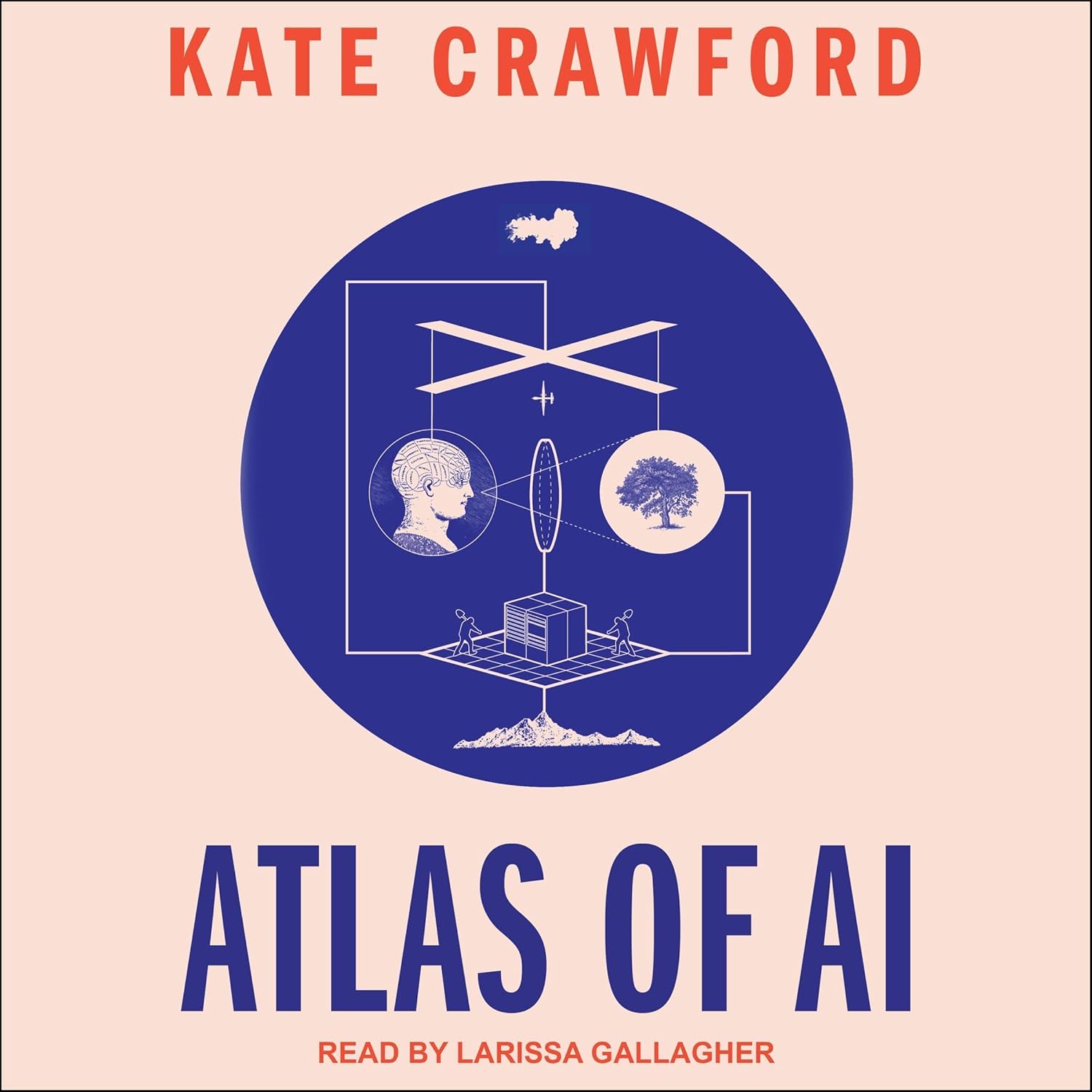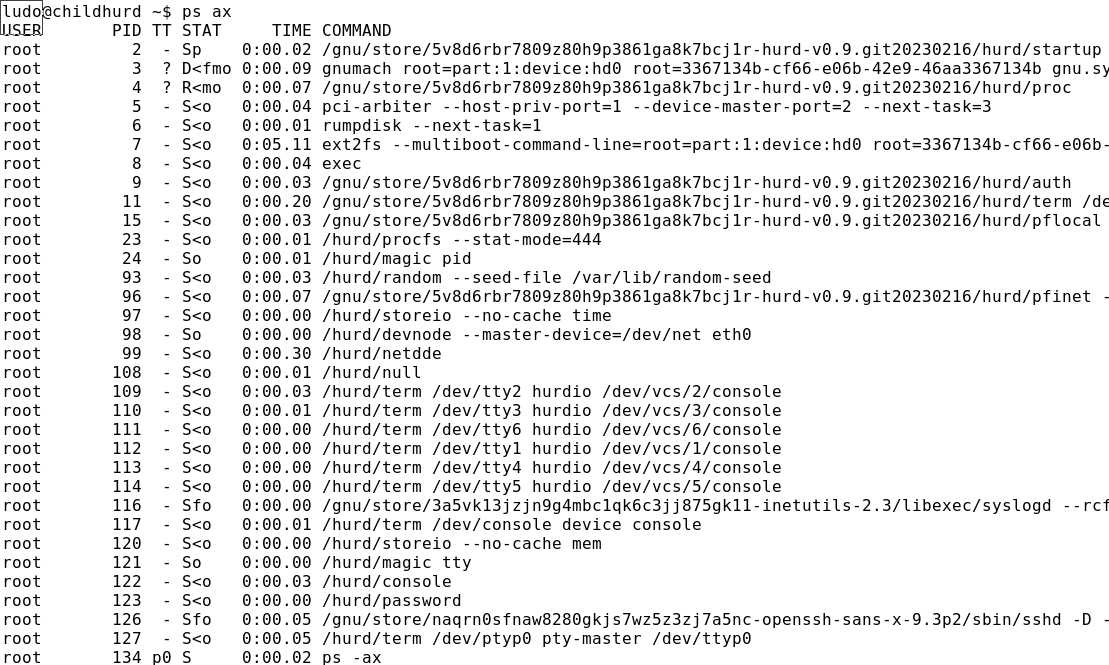Author: Thom Holwerda
Source
Sponsored:
Atlas of AI: Power, Politics, and the Planetary Costs of Artificial Intelligence - Audiobook

Uncover the true cost of artificial intelligence.
Listen now, and see the system behind the screens before the future listens to you. = > Atlas of AI $0.00 with trial. Read by Larissa Gallagher
Regarding the release of the MS-DOS 4.00 source code, Michal Necasek makes an excellent point about how just dumping the code in git is a terrible and destructive way to release older source code. It’s terrific that the source code for DOS 4.00/4.01 was released! But don’t expect to build the source code mutilated by git without problems. Historic source code should be released simply as an archive of files, ZIP or tar or 7z or whatever, with all timestamps preserved and every single byte kept the way it was. Git is simply not a suitable tool for this. ↫ Michal Necasek at OS/2 Museum The problems caused by dumping the code in git are quite real. Timestamps are not preserved, and the conversion to UTF-8 is deeply destructive, turning some parts of the code to literal gibberish. It’s a bit of a mess, and the people responsible for these release should be more careful and considerate.



